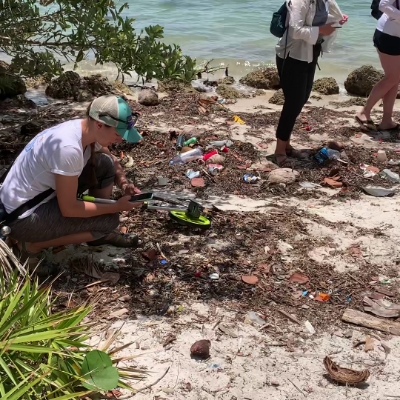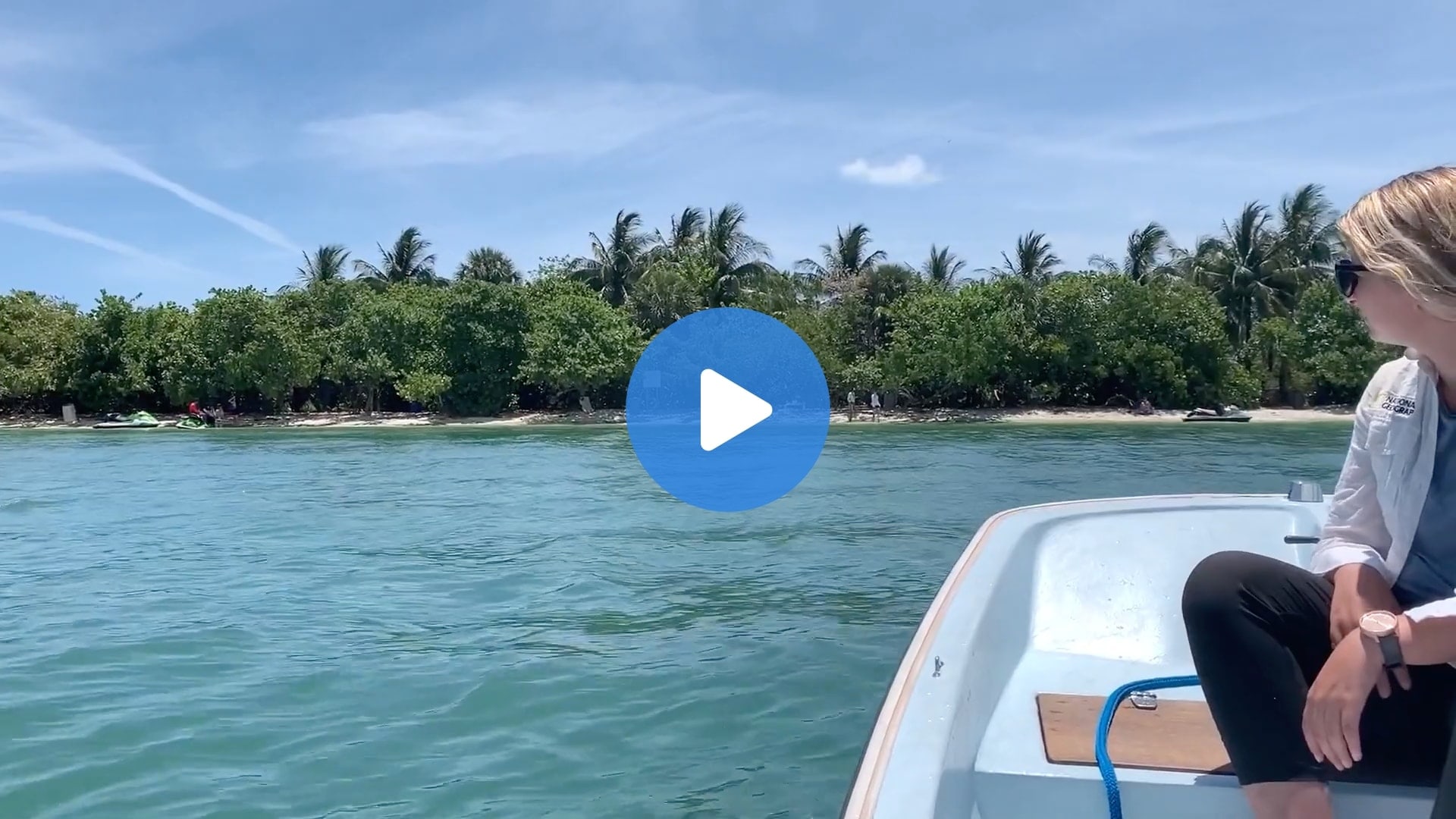Plastics Assessment with Ocean Conservancy/University of Georgia’s Jambeck Research Group
DISCOVERY Vessel Bay Ripper
Miami, Florida
May 17, 2021
Leadership
Research Team
Taylor Maddalene; Ph.D. student, Circulatory Assessment Protocol Director; Madison Werner, M.S. Candidate; Jennifer Mathis, Ph.D Candidate; Kathryn Youngblood, Research Engineer; Marine Debris Tracker Citizen Science Director; Melinda Paduani, Ph.D. Candidate.
Purpose of Research
The purpose of this research is to help the City of Miami assess how much plastic pollution is present, and where.
Project Overview
On May 17th, 2021, The International SeaKeepers Society assisted Ocean Conservancy and the University of Georgia's Jambeck Research Group in conducting field research in Biscayne Bay, FL. They have been helping the City of Miami assess how much plastic pollution and litter is found in different parts of the city. In this specific instance, four researchers from UGA and one from FIU conducted transects all along Pace Picnic Island: an island in Biscayne Bay that is frequented by boaters and jet-skiers for picnics and parties.
On these transects, the number and type of marine debris found were logged into the citizen science app, Debris Tracker. This app allows users to track the types of trash they are collecting and sends the data to an open platform for research by institutions and non-profit organizations alike.
The ultimate goal is that this data will help the city come up with solutions to prevent the massive amount of litter and plastic marine debris that accumulates in our environment. Currently, a private contractor comes once a week and collects the trash from the bins that have been placed on the island. Unfortunately, this isn't effective in creating what is known as a more "circular" system of waste management.
Application
Data that is collected by the Marine Debris Tracker can help the city come up with solutions to prevent the massive amount of litter and plastic marine debris that accumulates in our environment, whether that be a more efficient collection of trash on these islands, legislation banning certain problem items, or promoting more sustainable lifestyle changes to its citizens and designing and implementing a more circular system of waste management, one in which trash's final destination is not our coastal environment.
Expedition Goal
The goal of this outing was to take a survey of the types and quantities of plastic pollution littering the shoreline of Pace Picnic Island and record this data to compare against trends and pollution data from other areas.


